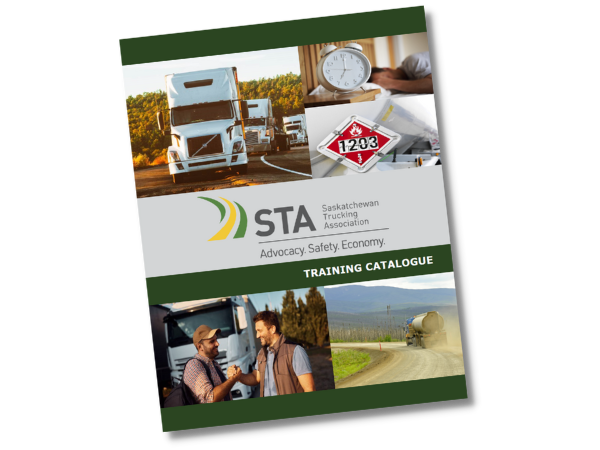
CTA to Senate Committee: Govt Too Slow and Passive in Fighting Driver Inc
May 24, 2024
It remains to be seen whether changes proposed in the budget will have impact on curbing underground economy, says Alliance (TORONTO, May 24, 2024) -- The trucking industry is increasingly frustrated with the federal government’s slow pace to combat the underground economy, fueling the labour misclassification scheme known as Driver Inc.

Addressing the Standing Senate Committee on Social Affairs, Science and Technology on elements of Bill C-69 – An Act to implement certain provisions of the budget, --Canadian Trucking Alliance President Stephen Laskowski, and Jon Blackham, Director of Public Affairs, spoke on key topics related to the Canada Labour Code and proposed changes in the budget.
The message was simple: the Government of Canada needs to do much more to fight against companies and operators abusing the Labour and Tax Codes at the expense of workers.
ESDC proposed language in the Budget that it says is meant help strengthen the misclassification laws that are already on the books and pave the way for faster and more effective enforcement.
We sincerely hope this is true as our sector truly is at a crisis point. However, with these changes still yet to be passed and absent complete regulatory details on how exactly they will bolster enforcement efforts, it remains to be seen how useful these changes really are,” said Laskowski. “We have proposed many solutions to both ESDC and CRA over the past seven years, but the response has been slow and remains short of what we believe is truly needed to curb rampant noncompliance in our sector.”
Laskowski emphasised the lack of effort to enforce the rules is particularly true of CRA. Although the focus of the Committee hearing was on the Labour Code, any changes made by ESDC would be muted if they are not matched with real enforcement from CRA.
With much of the debate centered around independent and employee status, CTA stressed the government must uphold the differences between true independent contractors and misclassified drivers and ensure true owner-operators are protected.
“I want to emphasize – and I can’t belabour it enough – that it is equally important to protect the legitimate contractors in our sector. Many of these trucking companies you see today started out as one-person operators. They are legitimate small businesses who follow the laws and prescribed. We need to protect them in this process,” added Laskowski.
Likewise, in addressing other proposed changes to the Labour Code –particularly those that could potentially limit communications between employers and employees, – CTA stressed that ESDC and the Government needs to consider and adopt approaches that reflects the business and the operational realities of trucking.
Policy-based approaches, where employers have some flexibility to come up with policies that balance both worker and business needs have worked far better than that more prescriptive approaches ESDC has taken in that past, Blackham pointed out.
As part of her final remarks to close the session, the Chair of the Senate Committee noted that she was concerned about the effect Driver Inc is having on Canada’s trucking industry, and it is her hope that a Senate Committee might take this issue on directly with further study.
CTA will continue to examine all the relevant budget measures being proposed and will seek clarity from ESDC, to help inform the Board and develop lobby positions on key issues affecting the industry.
Join us in creating a welcoming & successful environment.
Diversity, Equity, and Inclusion
We are now offering a self-paced program helping to foster an inclusive workplace, boost team morale, and improve company performance by embracing diverse perspectives and promoting equity.



